News that motorsport’s global governing body is planning a “ground-breaking” electric GT championship sparks a couple of questions this week. First, why has it taken so long? Secondly, what will it mean for Formula E?
On the first one, the FIA’s announcement is certainly not before time – but the series has apparently been in gestation for many months and a lot of work has gone in just to get this far. The German DTM series, which is switching to GT3 regulations this year, has already announced a plan for its own electric GT variant that it hopes to run as a support series in 2023. But that appears at this stage to be essentially one-make, developed around a car made by Schaeffler. The FIA plan is far more ambitious and wide-reaching.
The key is a promise to promote manufacturer innovation and technical freedom, specifically around battery development. That is a major step beyond any electric motorsport series that either already exists or has been announced. Although details of dates and race formats are non-existent at this stage, there is already a rulebook that is in the hands of potential manufacturers, and FIA GT Commission president Leena Gade reports a “keen interest”. No surprise on that front.
Range is not a problem. While GT racing has long revolved around endurance over long distances and periods of time, the thriving GT World Challenge Sprint Cup is already proof that there’s a market for short-form races – plus French specialist Saft is developing a 700kW fast-charging system. Also, Formula E has proven that races over a 45-minute duration work well, especially for TV audiences.
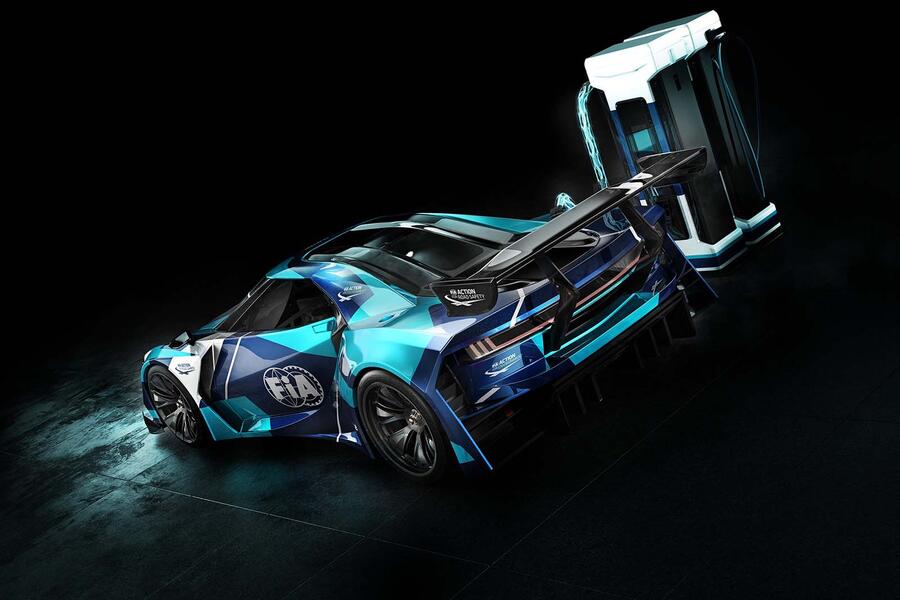

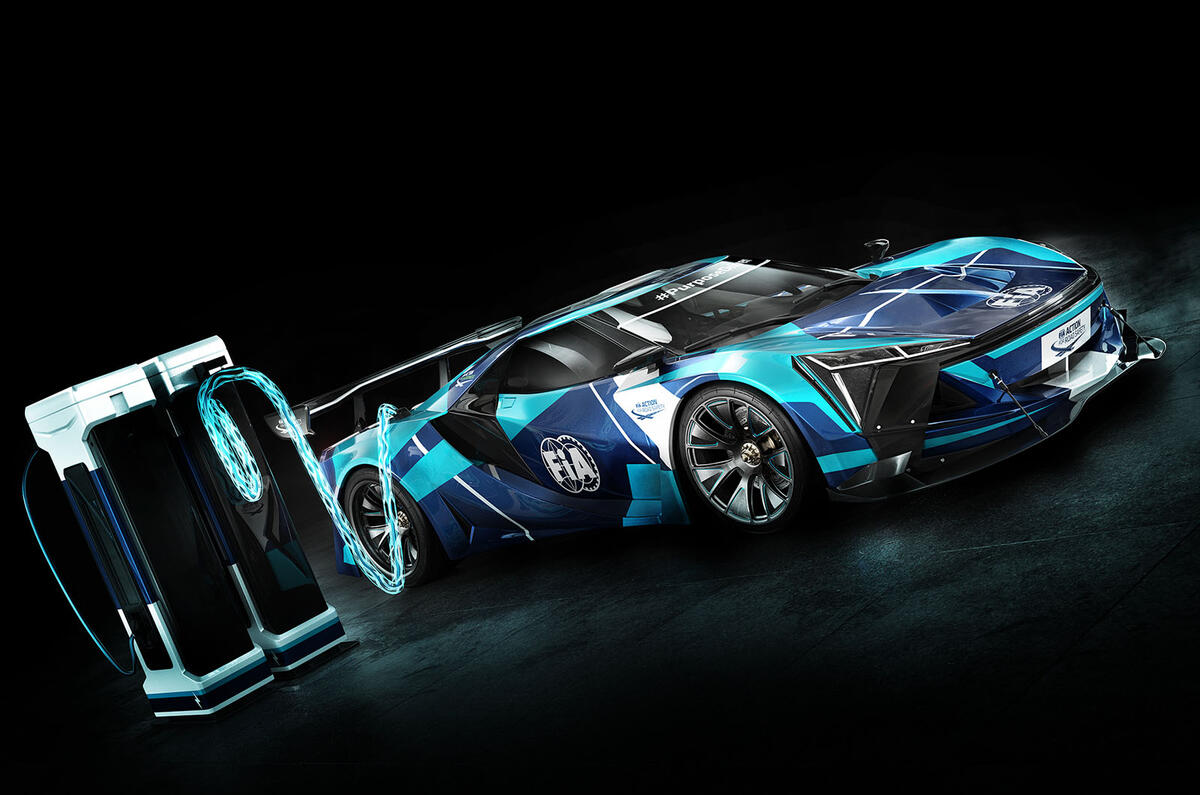
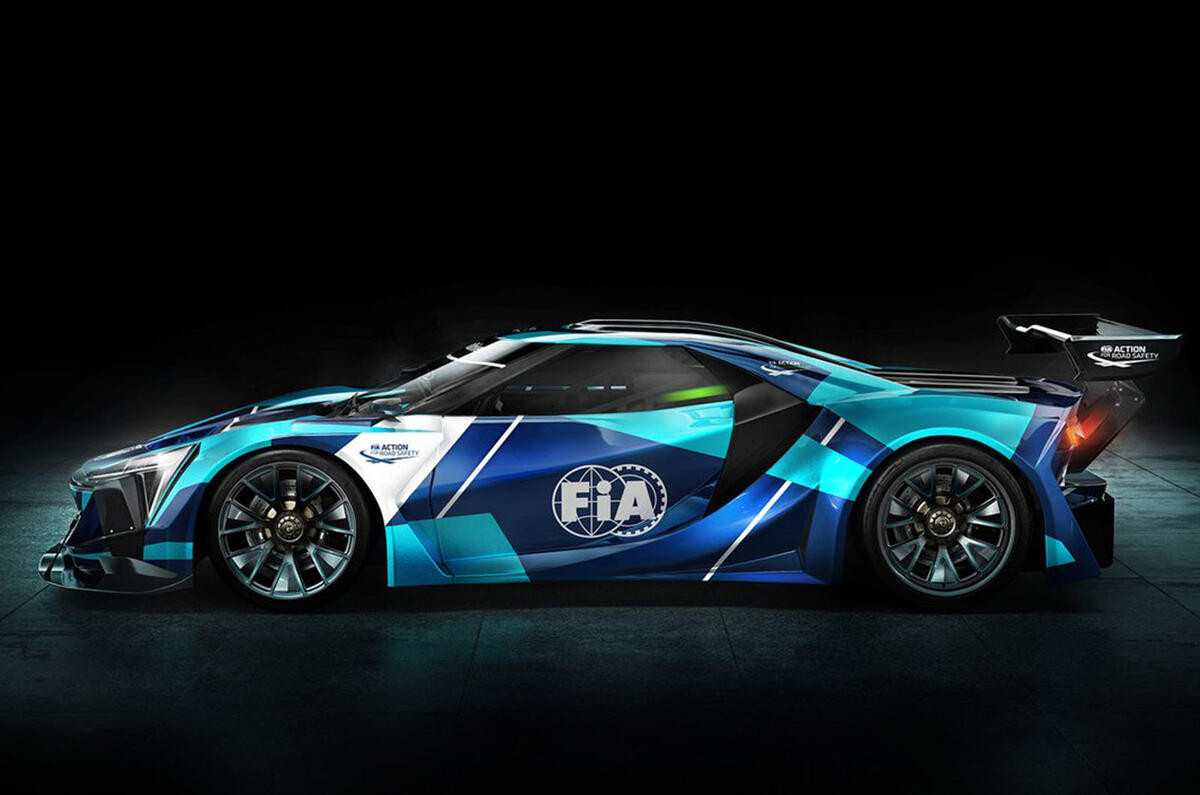
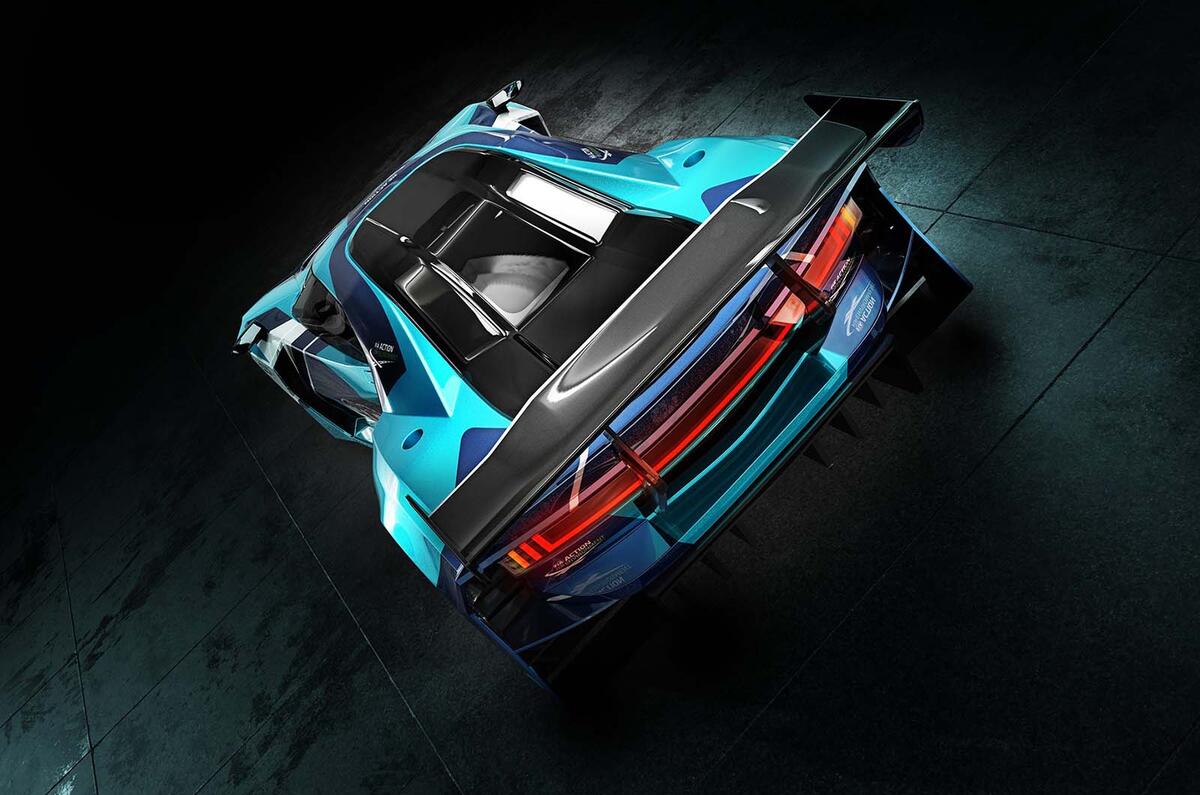
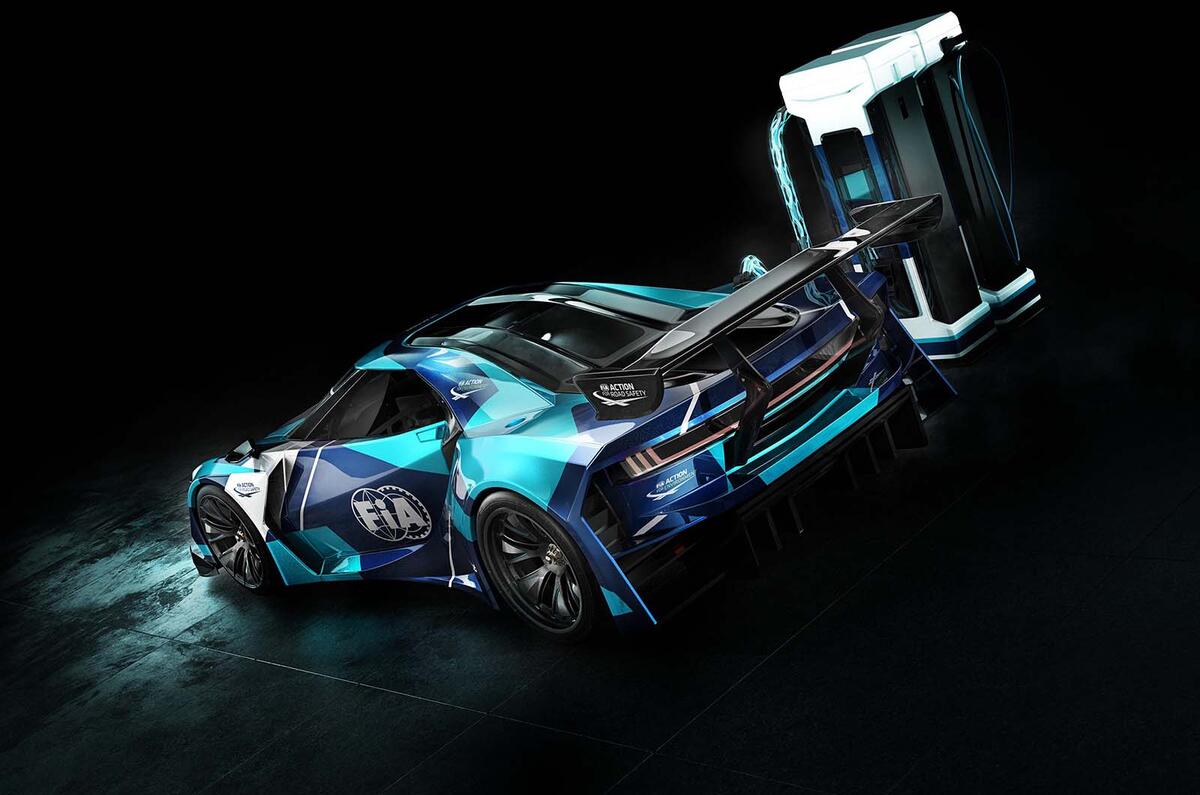
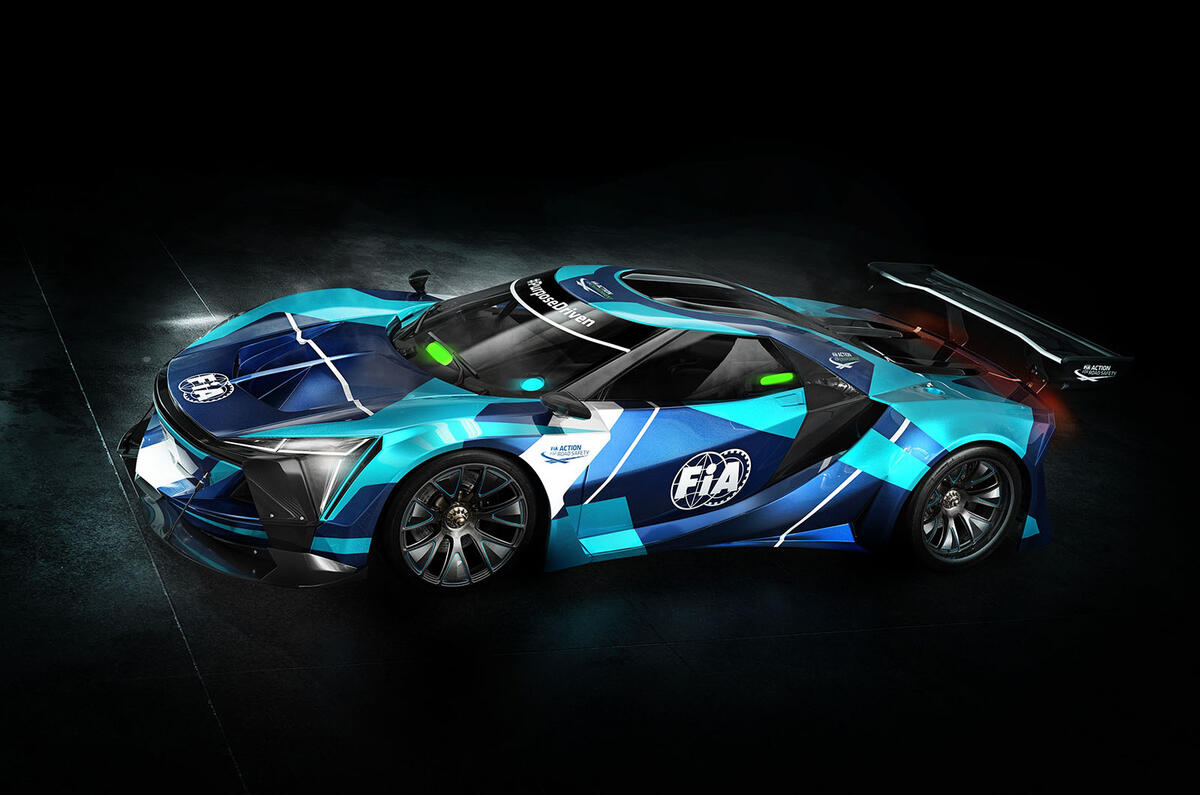








Join the debate
Add your comment
No thank you.
No, because having watched the odd race or two of formula-E , I'd this would be as naff, now Autocross might be better.